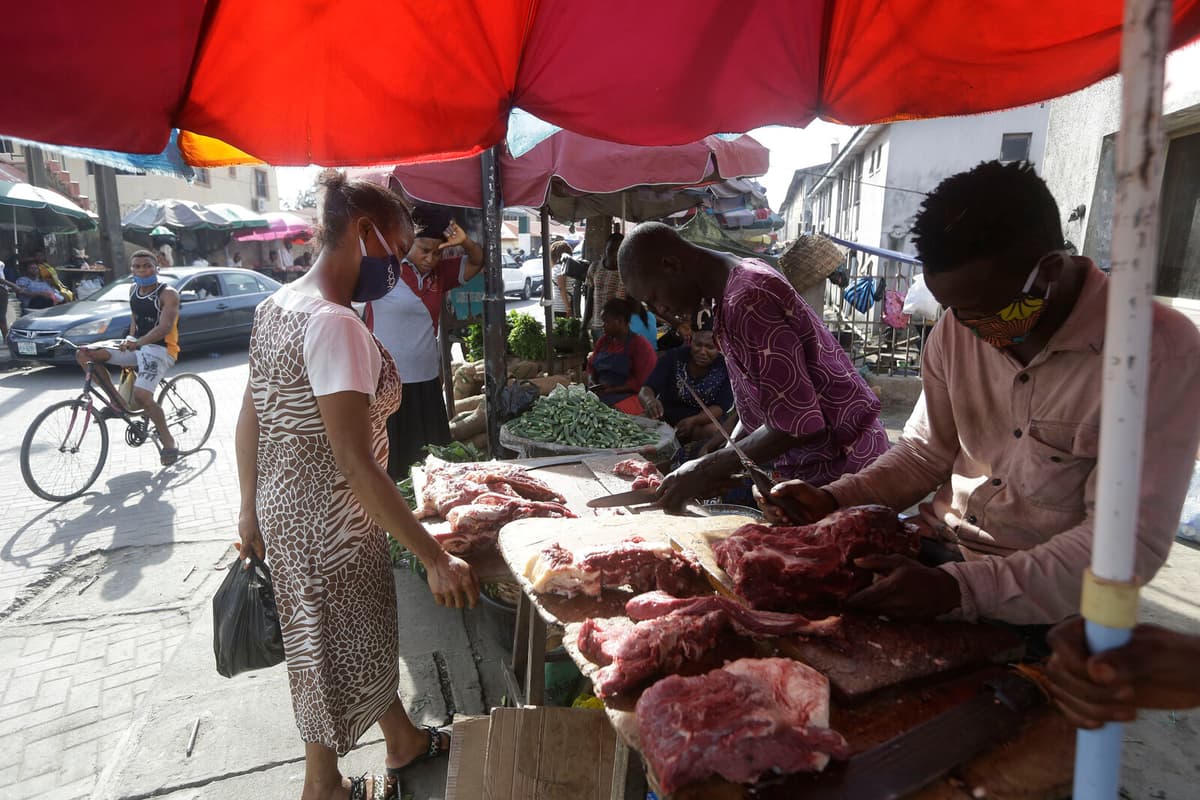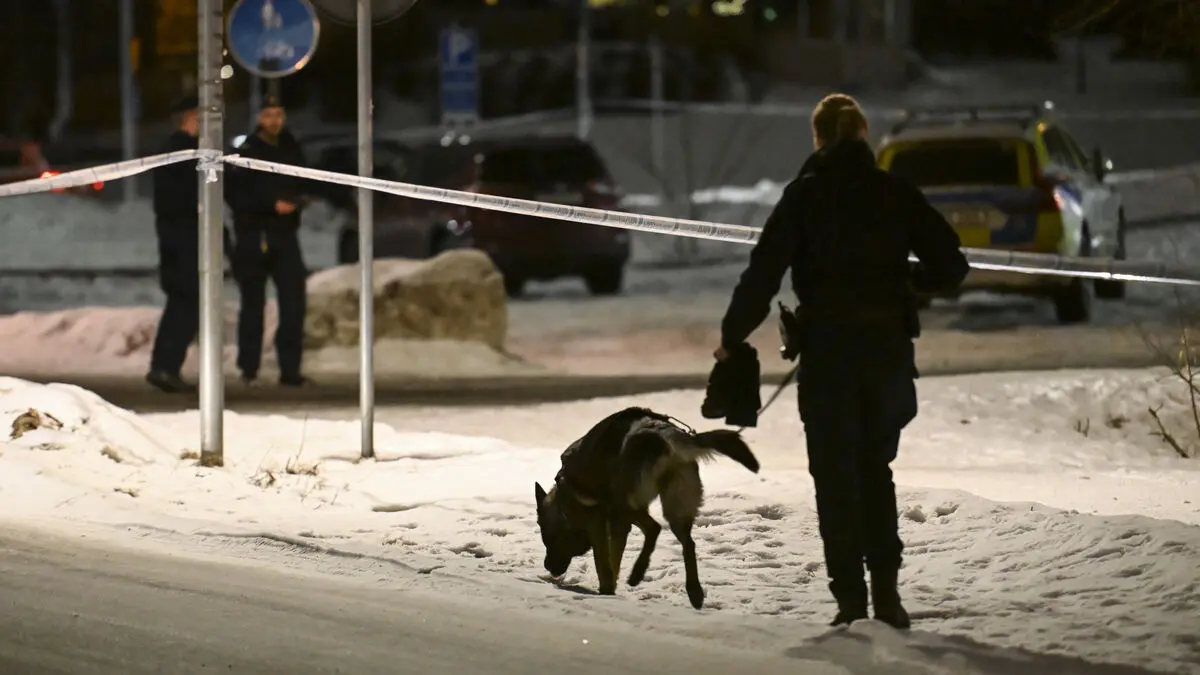In a simply constructed metal shed along one of the highways outside the capital Abuja, Justina Sunday is cooking food over a fire in a rusty bathtub.
In white grill smoke, a queue of returning customers winds its way, waiting for steaks and skewers. The meat is of the kind that is available for the day - what hunters from the country's Hausa and Fulani groups have been able to offer.
It's not beef, pork or chicken, but everything from reptiles to less common species. Justina Sunday serves it with porridge and pepper sauce.
"Bushmeat" has no fat, it's completely natural, she says to Bloomberg's correspondent.
Our ancestors ate it and they lived long lives. My customers continued to come, even during the Ebola outbreak.
Also in the city
The consumption of such game meat, "bushmeat", has a long history in Nigeria and the rest of West Africa. The tradition has survived mainly in the countryside, but in recent years it has become more common in cities, in markets and with street vendors, even though it is formally illegal to offer.
More than two out of five city dwellers in Nigeria say they have eaten such meat in the past year, which is twice as many as in 2018, according to a study by the Wildlife Conservation Society.
The illegal trade in "bushmeat" is worth billions globally, according to the World Bank's calculations. This makes it the fourth most valuable commodity for criminals, after narcotics, weapons and human trafficking.
May be infected
The Ebola outbreak in West Africa in 2014 began when a family in Guinea ate an infected bat. The Covid pandemic is believed to have started at a game meat market in Chinese Wuhan.
In Nigeria, slaughter often takes place in open environments, without protective measures or veterinary controls. There is no sufficient protection that would detect a serious infection, emphasizes Nusirat Elelu, who researches zoonotic infections at the University of Ilorin, Nigeria.
We are sitting on a ticking bomb if this trade is allowed to continue unregulated, says Elelu.
The growing demand is followed by an increasingly indiscriminate hunt in the wild, where the meat of rare species is more expensive.
If there is no change, we are facing a future where some species will disappear, says Edem Eniang, a wildlife conservation professor at the University of Uyo in southeastern Nigeria.
Zoonoses are diseases or infections that can naturally spread between animals and humans. They can be caused by different types of pathogens such as viruses, bacteria, fungi and parasites called zoonotic pathogens.
The transmission of pathogens between animals and humans can occur via:
food, feed or water
direct contact with infected animals or humans
vectors, such as ticks, lice or mosquitoes
objects or environments contaminated with these pathogens.
Zoonoses that occur to some extent in Sweden and are monitored through control or surveillance programs include, for example, bird flu, salmonellosis and campylobacteriosis.
Source: National Veterinary Institute






